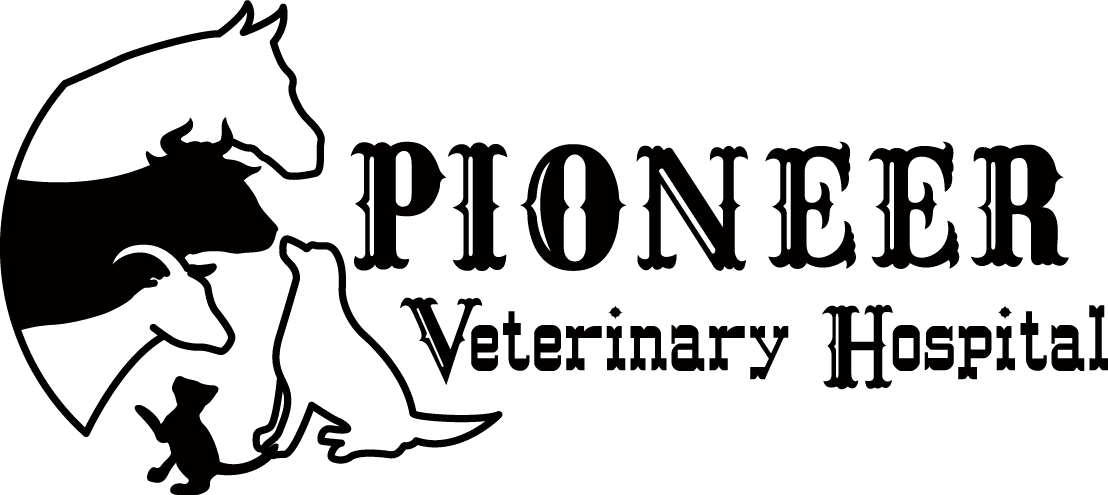Keep Your Pet Safe: Common Household Toxins and What To Do in Case of Poisoning in Tillamook County, Oregon
Keeping your furry friend safe is a top priority for any pet owner. But did you know that some everyday items in your home can be poisonous to your pet? It's true! From common cleaning products to certain plants, many seemingly harmless things can cause serious illness or even death in pets.
This is especially important to remember during National Pet Poison Prevention Week, which takes place from March 17th to 23rd. By being aware of the dangers and taking steps to prevent poisoning, you can help keep your pet healthy and happy.
Common Household Toxins Found in Tillamook County Homes
Many everyday items can be harmful to pets if they ingest them. Here are some of the most common household toxins found in Tillamook County homes:
- Antifreeze: This sweet-smelling liquid is highly toxic to pets and can cause kidney failure if ingested.
- Medications: Both human and pet medications can be poisonous to pets if not stored properly. Keep all medications out of reach and never give your pet any medication without first consulting your veterinarian.
- Cleaning products: Many cleaning products, such as bleach, disinfectants, and oven cleaners, can be harmful to pets if ingested or inhaled.
- Plants: Some common houseplants, such as lilies, dieffenbachia, and azaleas, are poisonous to pets. Be sure to research any plants you bring into your home to ensure they are safe for your furry friend.
- Rodenticides: These products are meant to kill rodents, but they can also be harmful to pets if ingested.
- Insecticides: Insecticides used in your home or garden can be poisonous to pets if ingested or absorbed through the skin.
Preventing Pet Poisoning in Your Tillamook County Home
The good news is that there are many simple steps you can take to prevent your pet from being poisoned by household toxins:
- Store all toxins out of reach and sight: This means keeping them in cabinets with childproof latches or placing them on high shelves that your pet cannot access. Remember, even curious paws can reach surprising heights, so choose a secure location that's truly out of reach.
- Keep medications in their original containers and locked away: Never give your pet any medication, even leftover human medication, without first consulting your veterinarian. Medications can be very dangerous for pets, even in small doses.
- Dispose of expired or unused medications properly: Throwing them in the trash or flushing them down the toilet can be harmful to the environment. Instead, look for local medication take-back programs or consult your veterinarian for safe disposal methods.
- Be aware of poisonous plants and identify existing ones in your home: If you're unsure if a plant is safe for your pet, don't take any chances. Research the plant online or consult a veterinarian before bringing it into your home. There are many resources available to help you identify safe and pet-friendly plants for your Tillamook County home.
- Educate yourself about the signs of pet poisoning: Familiarize yourself with common symptoms like vomiting, diarrhea, lethargy, loss of appetite, seizures, and difficulty breathing. Early detection and treatment are crucial for your pet's well-being.
- Supervise your pet around potential hazards: When using cleaning products, insecticides, or other potentially harmful substances, keep your pet in a separate room or confined area to prevent accidental ingestion.
- Secure trash cans with lids: Pets can be resourceful scavengers, so use trash cans with secure lids to prevent them from rummaging through potentially harmful items.
- Consider using pet gates or barriers: These can be helpful in restricting your pet's access to certain areas of your home where they might encounter toxins.
By following these simple preventative measures, you can create a safe and healthy environment for your furry companion in your home.
What To Do If You Think Your Pet Has Been Poisoned
If you think your pet has been poisoned, it's important to act quickly. Here's what you should do:
- Call your veterinarian or emergency animal hospital immediately. Don't wait for symptoms to appear. The sooner your pet receives treatment, the better the chance of a full recovery.
- Do not try to induce vomiting unless specifically instructed by a veterinarian. This could make your pet's condition worse.
- If possible, try to identify the toxin your pet may have ingested and bring the container with you to the vet. This will help the veterinarian diagnose the problem and provide the appropriate treatment.
- Stay calm and provide as much information as possible to the veterinarian about your pet's symptoms and any potential toxins they may have been exposed to. This includes the type of toxin, the amount ingested, and the time of ingestion.
Remember, prevention is key when it comes to pet poisoning. By taking steps to keep your pet safe from toxins in your home, you can help ensure they live a long and healthy life.
Keep Your Pet Safe with Pioneer Veterinary
Remember, even small amounts of common household items can be harmful to your furry friend. By following the tips outlined above, you can significantly reduce the risk of pet poisoning and keep your pet happy and healthy for years to come.
Make informed choices and take preventative measures to ensure your pet's safety. Schedule an appointment online today with Pioneer Veterinary, your trusted partner in pet health in Tillamook County.
By accepting you will be accessing a service provided by a third-party external to https://pioneerveterinaryhospital.com/





